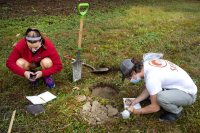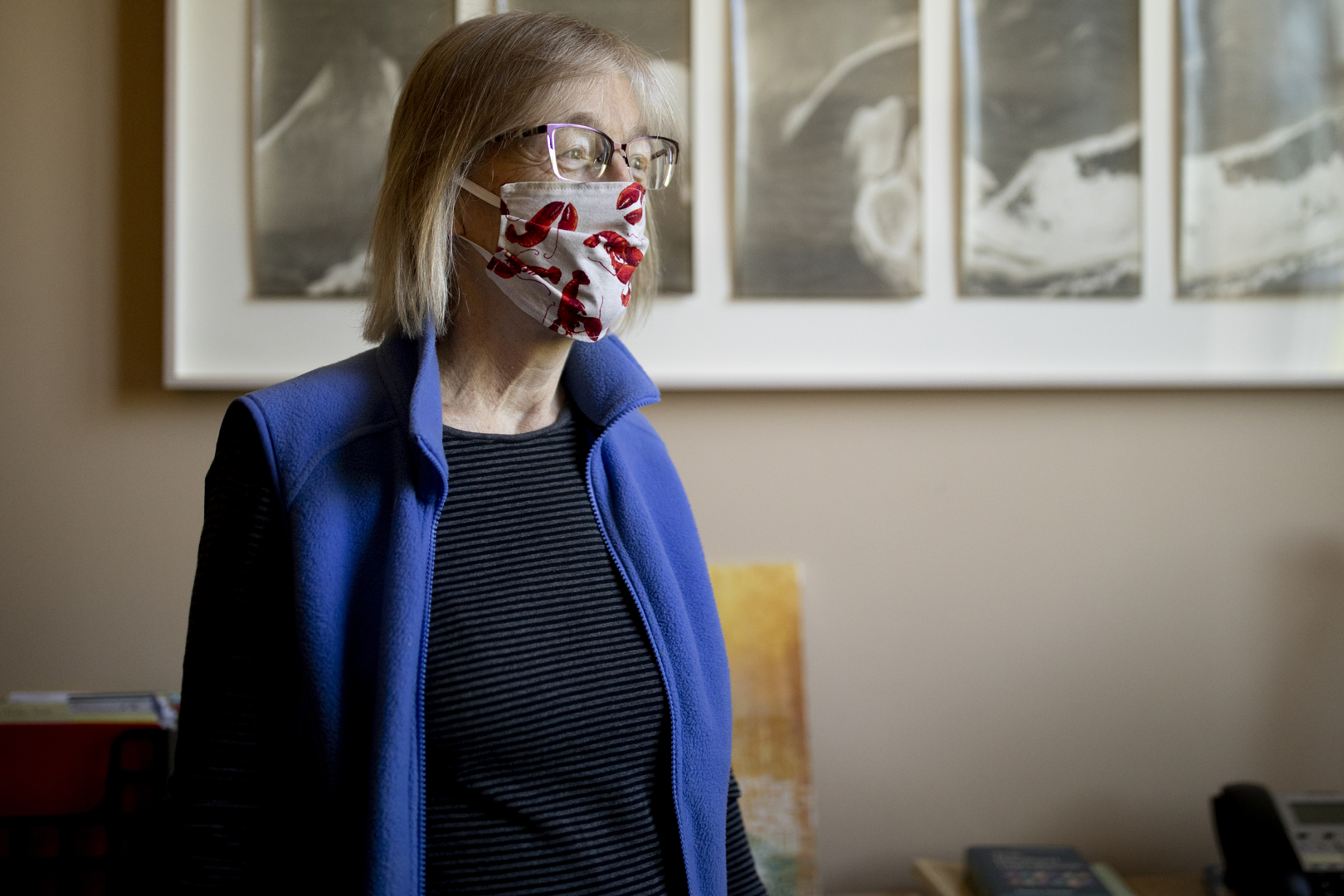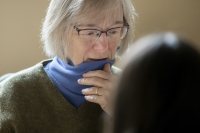
Climate change debate is lecture topic
Benjamin Santer, lead author of an international report linking human activity and global climate changes, will discuss the political and scientific debate about global warming at Bates College at 7:30 p.m. Feb. 4 in Chase Hall Lounge. The public is invited to attend the inaugural environmental studies lecture, and admission is free.
Santer, an atmospheric scientist from Lawrence Livermore National Laboratory in Livermore, Calif., has two other speaking engagements at Bates. He will discuss the recent scientific investigations of global warming at 4 p.m. Feb. 3 in Room 204 of Carnegie Science. He will also participate in a panel discussion on the recent international agreement signed in Kyoto, Japan, to reduce carbon-dioxide emissions at 4 p.m. on Feb. 4.
Joining Santer for the panel discussion in Chase Hall Lounge will be Darren Goetze of the Union of Concerned Scientists; Elizabeth R. DeSombre, assistant professor of environmental studies and government at Colby College; and Jim Hughes, associate professor of economics at Bates. The public is invited to attend both events free of charge.
Santer’s unprecedented statement, “Scientific evidence now suggests a discernible human influence on global climate,” in the 1995 Intergovernmental Panel on Climate Change Report, ignited scientific debate about the degree to which human beings are responsible for global climate change, including more frequent droughts, rising sea levels and a more potent El Nino effect. Santer’s conclusion also led to current geopolitical initiatives to reduce the worldwide production of greenhouse gases and ozone-depleting chemicals, which are responsible for widening holes in the ozone and an increased incidence of skin cancer and cataracts.




